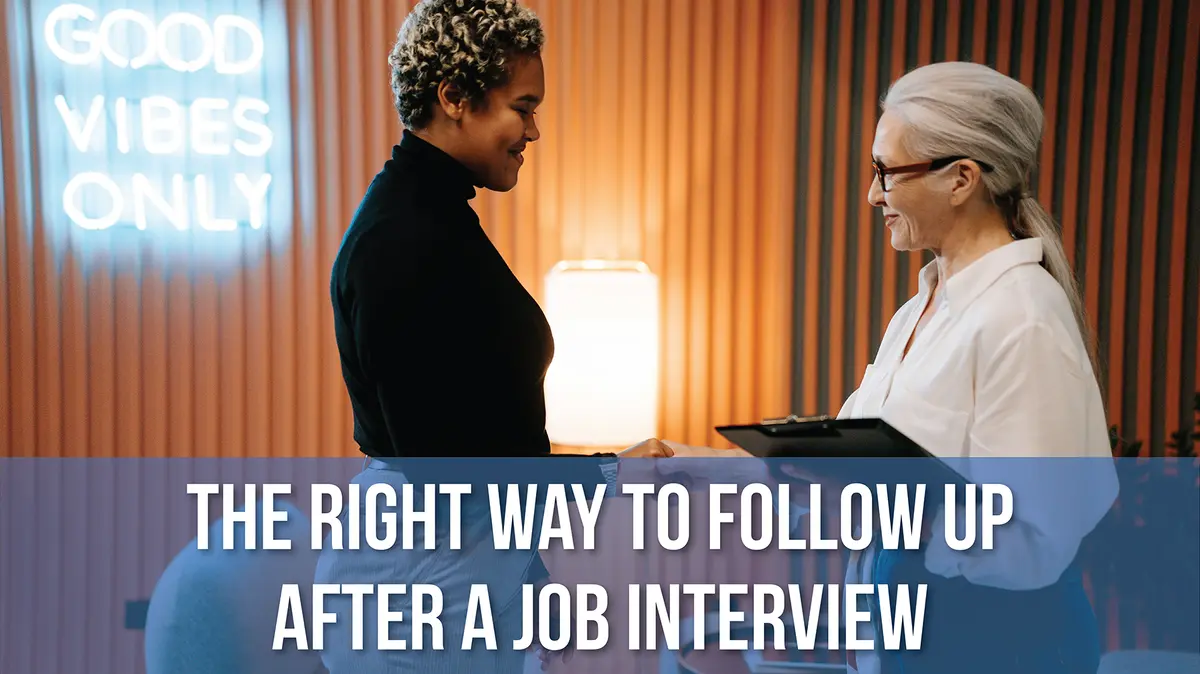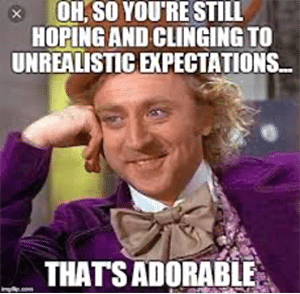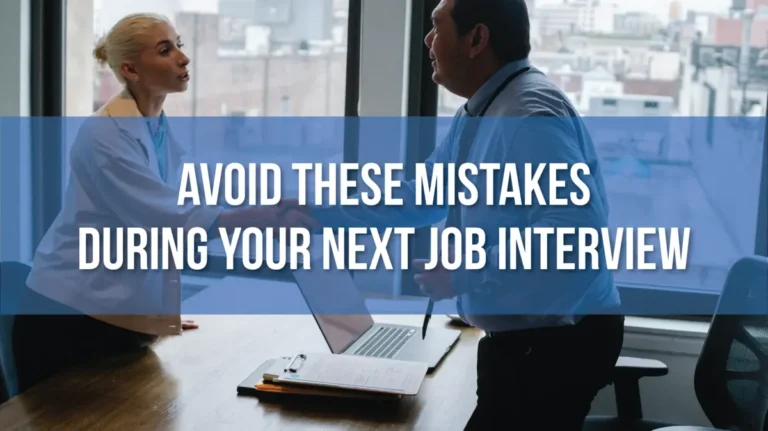The Right Way to Follow Up After a Job Interview
Recruiters appreciate it when you make the effort to express your appreciation for their time, and a well-written follow up is the perfect opportunity to reiterate your interest in their company and why you’re the best person for the job. Following up also demonstrates you’ve taken charge of your job search and are willing to put in the effort required for finding your next opportunity.
Following up after your job interview is always a good idea, but there is a right way and a wrong way to do it. Whether you follow up through an email, phone call or even a handwritten letter, it’s important your follow up is appropriate and doesn’t accidentally hinder your chances at landing the position.
Here are some of the most common mistakes we see job seekers make when following up after their interview:
Following Up Too Soon
Wait a minimum of 24 hours before reaching out to follow up on a position you’ve interviewed for. Recruiters see many candidates every day, and often have to wait to hear back from managers and leaders about hiring decisions, which takes time.
Following Up Too Often
A good rule of thumb is to only follow up once after your interview, unless you’re specifically told otherwise. Recruiters have busy schedules and don’t have time to repeat the same information to you over and over again.
Not Following Directions
Recruiters should have a solid process for job seekers and hiring decisions… after all, it’s their job to find candidates to fill their open job opportunities. If your recruiter gives you specific instructions about the next steps in the process, follow those instructions. If you follow up even after being told they will contact you as a next step, you show you can’t follow directions (and no company wants employees incapable of following instructions). Likewise, if there’s another step in the hiring process, such as skills testing or additional documentation they need to get, follow up by completing it ASAP so you aren’t standing in your own way.
The main thing to keep in mind is that your recruiter wants to place you in a position that will be a good fit for you, and they’re working hard to do so. Don’t take valuable time away from them trying to place qualified candidates like yourself in positions, or accidentally disqualifying yourself from the running by making any of the above follow up mistakes.








